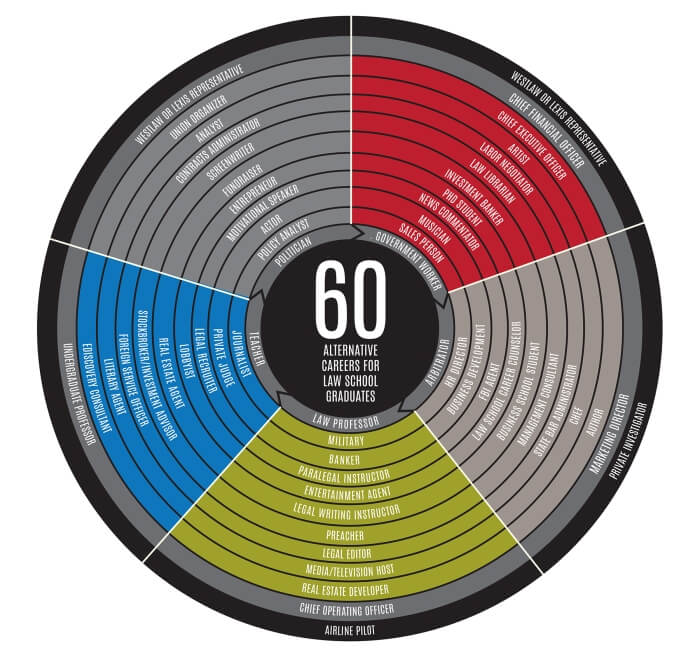Summary: Many states have already taken action to lift stays and allow same-sex marriages to proceed after the Supreme Court’s decision on Monday that it would not hear appeals on same-sex marriage bans, allowing previous rulings that struck the bans down to stand.
On Tuesday, many citizens pressured their states on the issue of same-sex marriages, in light of the Supreme Court’s decision not to rule on the issue, Reuters.com reports. By refusing to hear the appeals of five states whose same-sex marriage bans had been found unconstitutional, the Supreme Court essentially allowed these lower court ruling to stand. However, bans in 20 other states are still in effect.
The Supreme Court did not decide whether states can ban same-sex marriages, but rather rejected pending appeals to allow such bans to remain enforced in Indiana, Oklahoma, Utah, Virginia, and Wisconsin.
Nevertheless, the decision has already had an impact across the nation. In Chicago, the 7th Circuit Court of Appeals issued orders today that state earlier rulings that struck down bans on same-sex marriage in Wisconsin and Indiana are now effective.
In Florida, same-sex marriage advocates were preparing to ask a federal judge to lift a stay, which would allow same-sex marriages to proceed in that state. Similar challenges are also being implemented in North Carolina, South Carolina, and West Virginia.
The number of states where citizens can seek same-sex marriages has increased from 19 to 24. In addition, six more states may also allow same-sex marriages, since federal circuit court rulings had struck down other bans in Colorado, Kansas, North Carolina, South Carolina, West Virginia, and Wyoming.
Three same-sex couples in South Carolina are already planning to apply for their marriage licenses on Wednesday. Should they be turned away, they will file lawsuits against the state of South Carolina.
On Wednesday, South Carolina Equality will rally at the statehouse in Columbia. The organization has planned a march to Attorney General Alan Wilson’s office. Once the group arrives at Wilson’s office, they plan to present a petition that will prohibit the constitutional ban on gay marriage.
Nine other states are facing circuit court decisions on the issue. Others are appealing cases in Florida, Louisiana, and Texas, where bans on same-sex marriage were previously struck down by district court judges.
On Tuesday, the American Civil Liberties Union of Florida said it would file a motion that same day which would ask a federal judge in the Northern part of the state to remove the stay on same-sex marriage. Although U.S. District Judge Robert L. Hinkle ruled that Florida’s ban was unconstitutional in August, Hinkle did not rule that same-sex marriages were allowed, noting that there were several pending cases before the U.S. Supreme Court in other parts of the country.
The executive director of the American Civil Liberties Union of Florida, Howard Simon, attempted to persuade Florida’s Attorney General Pam Bondi to follow the Supreme Court decision, stating, “Any further attempt to prevent historical and legal change is fruitless.”
Attorneys who have fought on both sides of the issue have clarified that the battle is far from over. John Eastman, the chairman of the National Organization for Marriage (which opposes gay marriage), sated, “The Supreme Court has repeatedly told us that if things are going to change, it’s up to them and lower courts shouldn’t do it.”
Photo credit: theblacksphere.net













































